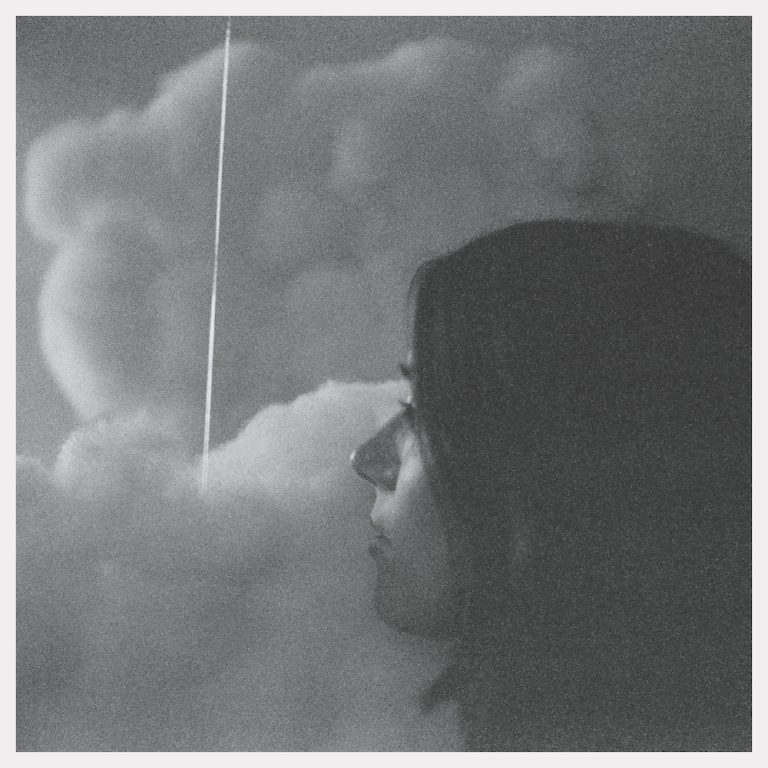Words are a weighted topic for Gia Margaret. After an illness took her singing voice from her while on tour, she took to her synthesizer while going through recovery. The result of her tinkering was the unexpectedly lovely Mia Gargaret, a small ambient-leaning album that was an exploration of new textures and sounds as much as it was a low-key document of rehabilitation. At the very end of the album she snuck in a small vocal number, her voice (multi-tracked and harmonising with Oakland singer-songwriter Stephen Steinbrink) returning to the fold.
Romantic Piano continues on the same path as Mia Gargaret, gently exploring more instrumental territory that showcases her classical training front and centre while also leaning into her desire to make film scores. Like its predecessor, Romantic Piano is soft and cosy, a small and dreamy soundworld to escape into for half an hour. Cushiony synths wrap around velvety piano notes on opening track “Hinoki Wood”, conjuring images of a sunlit forest covered in cherry blossoms. “Cicadas” – like the title suggests – marries a lightly bobbing piano figure to the chirping hum of the titular insects. Each track feels like a glimpse into a different place, peering through magical doors that take you to a meadow in summer or a pillowy reading nook in an attic.
Never one to outstay her welcome, Margaret’s compositions are often brief and fleeting, small explorations of ideas that set the scene and then move on. “A Stretch” is 99 seconds of pure mood (helped by Jonnie Baker’s dewy saxophone), while “Sitting At The Piano” is half a minute of fluttering chords over birdsong, a lighthearted but lovely moment that shows Margaret doesn’t need long at all to cast a spell. When she spreads herself out over a slightly longer period (only three tracks here exceed three minutes) she finds herself playing with more textures. The watery “La langue de l’amitié” with its airy bass and drums (courtesy of David Bazan) evokes early 2000s ambient electronica, while “2017” swirls together fleecy drum pads and synths with ringing staccato piano chords.
On just one song (or two if you get the physical version of the album which features an additional vocal track) Margaret’s voice even returns to the picture, her demulcent words conjuring the mood of her music. “I can’t really say where the memories fade / but some are burnt into my brain,” she offers on “City Song”. Romantic Piano sits in the listener’s mind in a similar fashion to this. It’s hard to describe exactly how her music penetrates through; sometimes it feels like you are sinking into it and sometimes like the music is sinking into you.
“Ways of Seeing”, with its vibrating bed of synths, or “April to April”, with its aged sepia-toned piano notes, have that magical kind of quality that Margaret seems to have mastered; her impressionable skills seem to be in this instrumental area where we the listener can let the music in. While more lyrical work is apparently on the way in the future, for now we have another record that is respite at its heart. Be it just cotton-like music that’s ideal for napping to or a soundtrack to watching the sun set in a picturesque setting, it’s Margaret realising her vision. “I wanted to make music that was useful,” she says of the album, and Romantic Piano is just that, in whatever way you need it to be.

